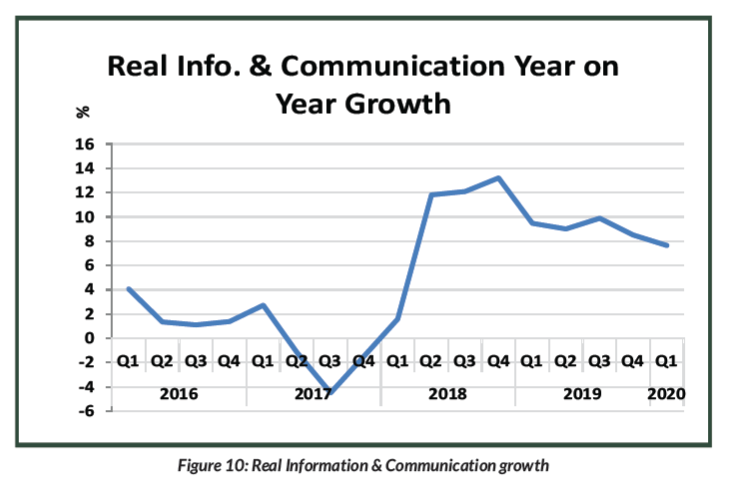The Nigerian Communications Commissions (NCC) has announced that it is now mandatory for MTN, Glo and 4 other telecom operators in the country to submit their financial statements every year.
The new regulation was disclosed by NCC’s Director of Public Affairs, Dr Ikechukwu Adinde on Tuesday. The director explained that the mandatory submission of financial records on the 6 licensees will be maintained for an initial period of two years after which it will be reviewed to include other operators.
The six licensees include telecom bigwigs like Airtel Nigeria, MTN Nigeria, 9Mobile, Globacom Nigeria, Main One Cable Company Limited and IHS Nigeria.

7 Months Submission Deadline
Speaking on the origin of the regulation, Adinde revealed that it was part of the Accounting Separation Framework (ASF) in the telecoms industry whose implementation commenced on July 15, 2020.
The framework was designed through a consultative process and has undergone comprehensive review by the regulator in collaboration with telecom licences and other major stakeholders over the last five years.

The framework says in part that telecoms licensees are now mandated to submit their regulatory financial statements at least 7 months after the end of a financial year.
“With the commencement of the implementation of the framework, telecoms licensees are, henceforth, obligated to submit their Regulatory Financial Statement (RFS) to the Commission in line with the new ASF, within seven months after the end of the licensees’ financial year,”Extract Policy document
According to Adinde, the new regulation will also ensure the provision of qualitative and efficient telecoms services.
Increasing ICT contribution to GDP
Following the drop in oil revenue, ICT has over the last few quarters been one of the highest contributors to the Gross Domestic Product (GDP). In Q1 2020, ICT contributed N1.28 trillion, representing 7.65% of the total GDP.
The contribution was even higher in Q4 2019, contributing N2.57 Trillion to Nigeria’s Real GDP, about 13.12% of the Total. With the continuous boom of the Nigerian telecom sector, the contribution to the GDP is primed to go higher.

The federal government has also recognised this which is why the increased attention on regulating the sector is understandable. Before the recent development, the NCC last month partnered with the Federal Inland Revenue Service (FIRS) to create an API to obtain more transparency on the value-added tax paid by telcos.
The API was designed to eliminate the cases of paying multiple taxes for the telcos and also help the FIRS ensure that the amount paid as tax is both accurate and complete. This simply means that the government will be able to monitor the tax income in the sector.
The API added with access to telecoms financial books will give the government better information about revenue generated in the sector and how best to maintaining healthy competition looking at the difference in earnings.
NCC Executive Vice Chairman, Prof. Umar Danbatta, similarly asserted that the new ASF will promote an industry environment that fosters open and transparent financial reporting while ensuring that charges for telecom services are cost-based and non-discriminatory.
With the ASF already implemented by MTN, Globacom and others will have to start submitting their yearly financial report to the NCC starting 2020.
